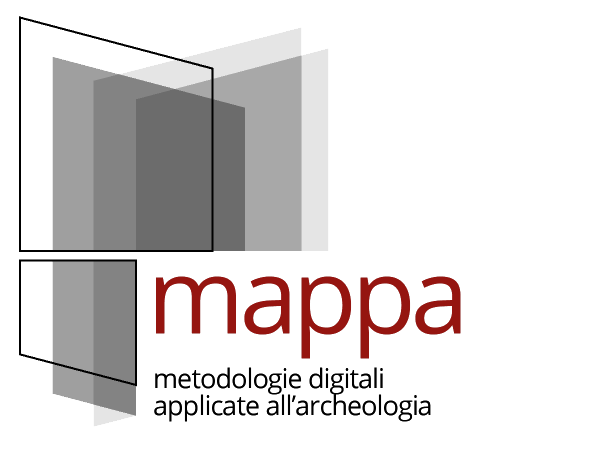
Digital Library – Dep. of Civilization and Forms of Knowledge
The creation of the Digital Library of the Department of Civilisation and Forms of Knowledge of the University of Pisa involves the realisation of a repository for all the data (images, texts, audio, video, 3D models, etc.) and metadata of all available digital objects (archaeological, anthropological, geographical, history of art, historical and archival, etc.). The Digital Library will be online in July 2021.
The goal of the Digital Library is long-term preservation and open dissemination. Archiving and preservation will be guaranteed by adopting the Open Archival Information System model (OAIS; ISO 14721: 2003 standard), representing the Digital Library sector’s reference model. The project, funded with the CFS Department of Excellence fundings, embraces the open policy. It realises a sharing platform that aims to make all the digital heritage collections gathered over the years by the Department available. The Digital Library is conceived as a web portal, where all the Department researchers will access data and metadata to implement new research projects; it will also be a window projected outside, both towards academic and educational institutions as well as to a broader audience of citizens. According to the Open Science paradigm and new EU’s research and innovation framework programme, all metadata could be shared with Europeana through the national Internet Cultural aggregator ( http://www.internetculturale.it/), guaranteeing visibility and sustainability to the Department and individual research projects.
Dissemination will be guaranteed by the Web portal, which will be organised based on digital collections. Each collection homepage will describe the content and history of the collection itself and, through a searching engine, will allow the retrieval of the digital objects. The system will also enable organising thematic digital exhibitions using the Digital Library data and possibly external contents disseminated as open data. The Digital Library will also give the possibility to create new collections and be a tool available to all the Department researchers who will use it for their research projects. The Digital Library will be created in Java using the Fedora Commons open-source platform( https://duraspace.org/fedora/). Image visualisation will be based on an International Image Interoperability Framework (IIIF) Image Viewer, the international standard for viewing image collections. Based on the open-source viewer OpenSeadragon (https://openseadragon.github.io/), the module will permit the view and reuse of high-quality images, adapting them to the size and resolution of the screen, giving the possibility to zoom in and out, rotate and scale images without the need to download the file. The viewer enables navigation between multiple images of the same element in different ways: single page, two side-by-side pages and thumbnails. Besides, it will manage complex digital objects, for example, by ordering the sequence of collections, etc.. For documents, a Document Viewer will be used to access the texts. It will allow the browser-integrated online viewing of PDF documents through standard web features without installing external plugins. A text search feature will be implemented, highlighting the searched words.
